
‘Uncertainty Transforms the Social Protection System into a Safety Cushion’
As part of the XXIII Yasin (April) International Academic Conference, HSE University held a meeting between HSE scholars and Anton Kotyakov, Minister of Labour and Social Protection of the Russian Federation. The title of the meeting was ‘The Future of Social Security: Trends and Forecasts.’ The experts and the Minister discussed the experience and lessons learned from population support initiatives during the pandemic, social protection efforts to reduce poverty and inequality, measures to counter sanctions, and the situation in the labour market.
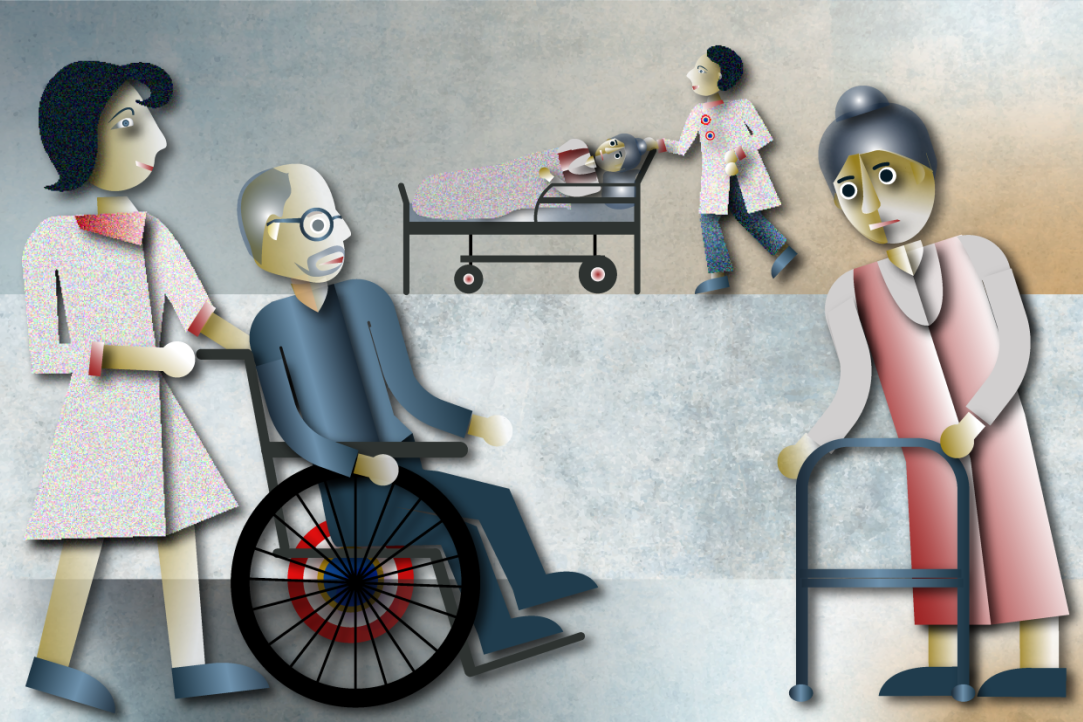
Long-awaited Long-term Care
The number of older persons and their life expectancy are on the rise in many countries worldwide. As they age, some people need assistance with daily living activities, something their family is not always capable of providing. This creates a demand for professional long-term care that integrates medical and social services. How Russia can benefit from other countries' experience of providing public long-term care is discussed in a report* presented by the HSE Centre for Social Policy Studies at the XXIII Yasin International Academic Conference on Economic and Social Development hosted by the HSE University.

The Brain in Space: Investigating the Effects of Long Spaceflights on Space Travellers
As part of an international project conducted with the participation of Roscosmos and the European Space Agency, a team of researchers used differential tractography to analyse dMRI scans ofcosmonauts’ brains and found significant changes in brain connectivity, with some of the changes persisting after seven months back on Earth. The paper is published in Frontiers in Neural Circuits.
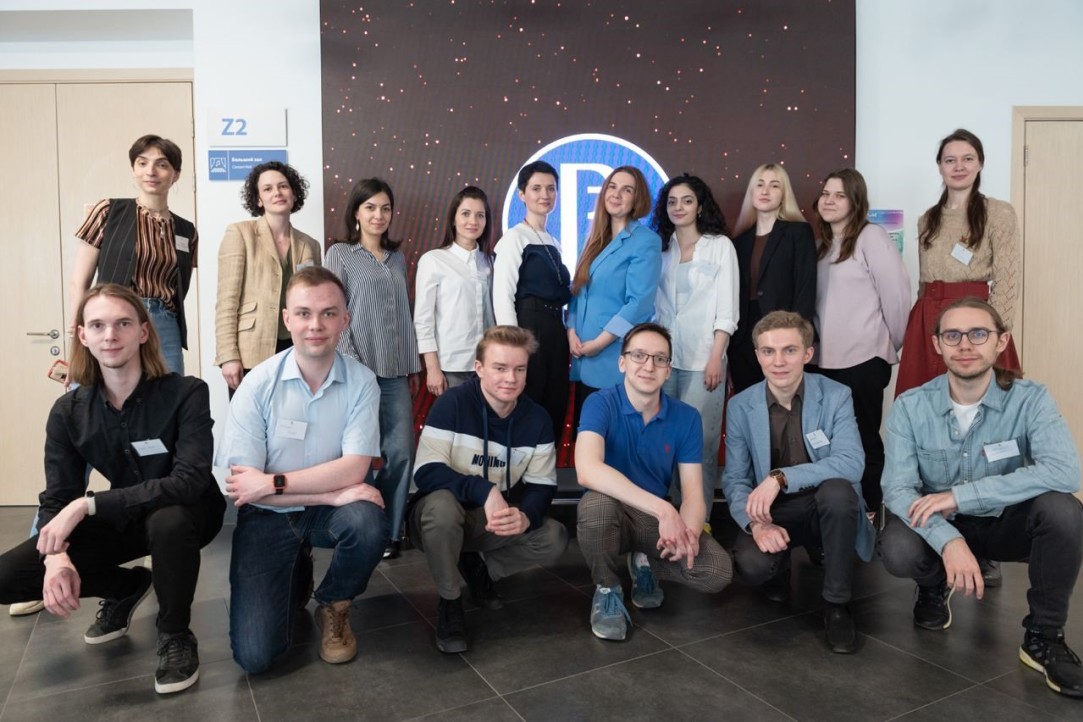
‘Students Play a Vital Role in the Development of University Research’
HSE University provides students with opportunities for academic development from the undergraduate level onwards. Now that another open enrolment session for research assistant positions has recently come to an end, more than 250 young researchers are starting their careers and combining work and study at the university.
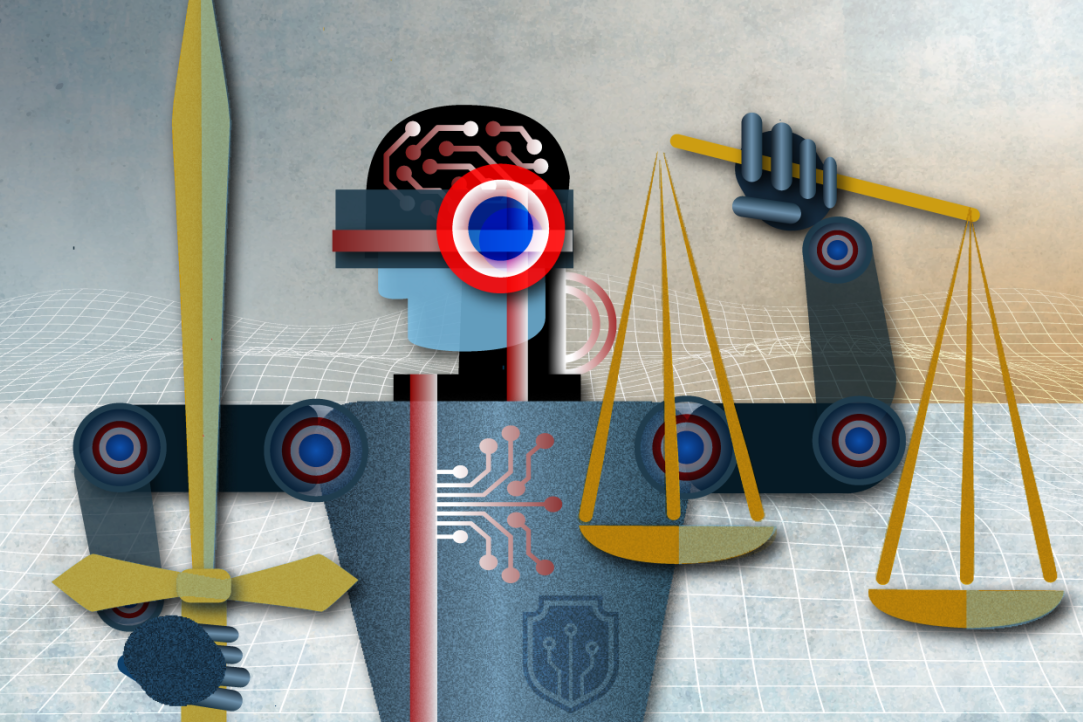
Justice 'Ex Machina': Using Artificial Intelligence to Fight Corruption
In Mexico, a pilot project applying artificial intelligence (AI) algorithms enabled the Tax Administration Service to detect 1200 tax-evading companies and 3500 fraudulent transactions within three months – a task that would have taken 18 months using conventional methods. Despite some obvious benefits, the use of AI-based solutions to counter corruption also entails several challenges, according to experts of the HSE Laboratory for Anti-Corruption Policy (LAP) and the HSE Faculty of Law who have examined the relevant experience of several countries. A report based on the study’s* findings was presented at the XXIII Yasin (April) International Academic Conference hosted by the Higher School of Economics.

Russian Scholars Establish Correlation Between Morality and Perfectionism
Researchers from HSE University in Perm studied how different types of perfectionists see intelligence, morality, and the world around them. They found that the basis of adaptive perfectionists’ success is their perception of the world as a comprehensible place with fixed rules, while maladaptive perfectionists fail to succeed due to their focus on a rigid system of principles that they feel obliged to follow. Early correction of inflated demands on oneself can increase chances for future success. The results of the study were published in Psihologija.
.jpg)
Russian Scientists Create Biomimetic Algorithm to Find Epileptogenic Areas of the Brain
Researchers from the HSE University Centre for Bioelectric Interfaces have designed a new method for detecting diagnostic markers of epilepsy, called interictal spikes, using EEG and MEG. Capable of accounting for various errors and artefacts, this method constitutes a valuable addition to the arsenal of means for automatic analysis of electrophysiological recordings in epilepsy patients, especially when the data are noisy. Precise localisation of epileptogenic cortical structures can enhance the effectiveness of neurosurgical interventions. The study was published in the Journal of Neural Engineering.
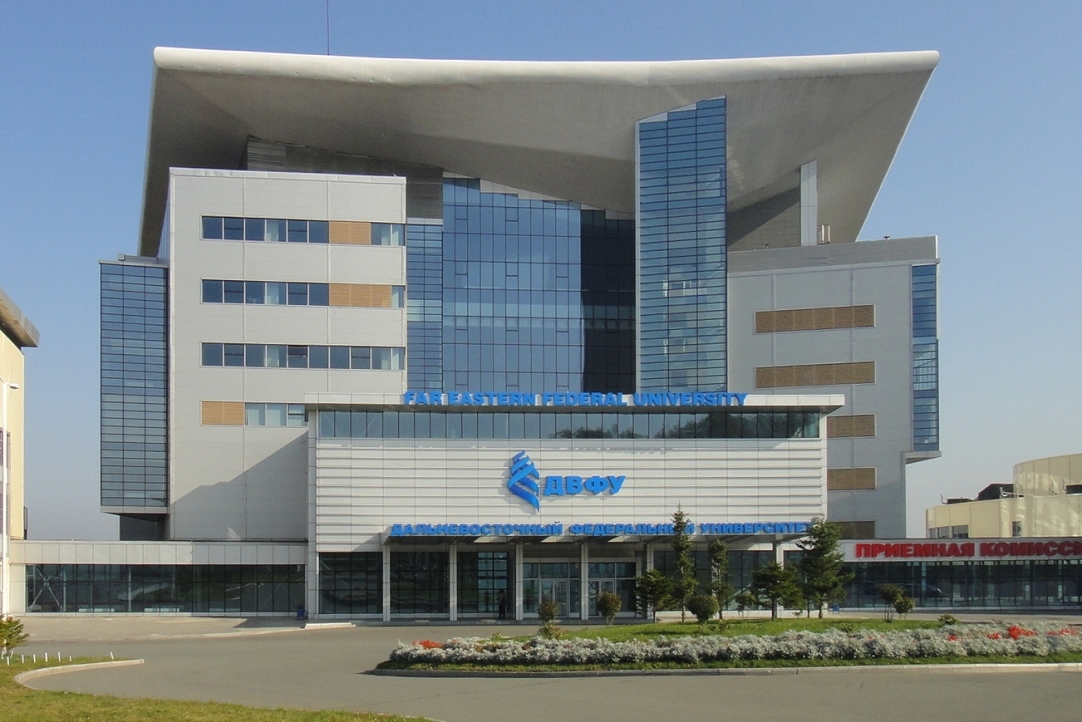
Scholars from Moscow and Vladivostok Join Efforts to Study Institutes and Preferences in Economic Behaviour
Applications from HSE departments for the ‘Mirror Laboratories’ open project competition are open until May 20. One of the ‘mirror laboratories’ successfully operating today was created as a result of a similar competition in 2020 by economists from HSE University and Far Eastern Federal University (FEFU) to study institutes and preferences in economic behaviour. Alexis Belianin, Head of the HSE International Laboratory for Experimental and Behavioural Economics, talked about how peers from Moscow and Vladivostok collaborate.
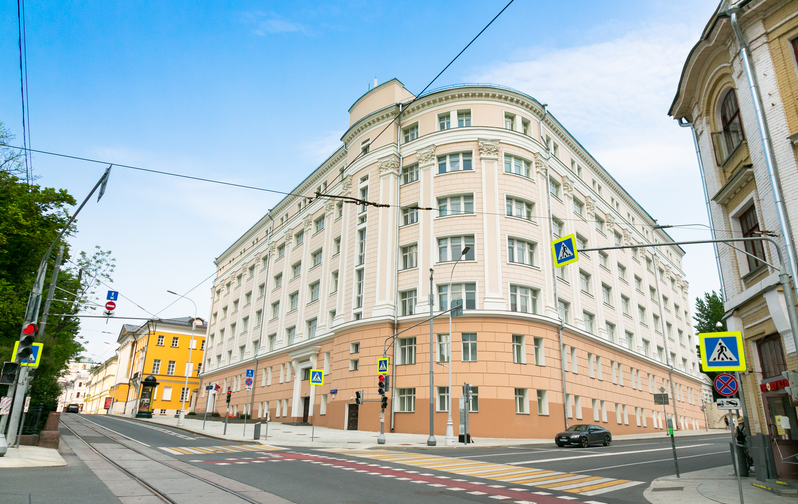
HSE Experts Discuss the Situation in the Country with Presidential Aide Maxim Oreshkin
HSE University academics held a discussion with Maxim Oreshkin, presidential aide and graduate of the HSE University, as part of theXXIII Yasin (April) International Academic Conference. They talked about the current socioeconomic situation and the future of Russia's development. The discussion was moderated by HSE Academic SupervisorYaroslav Kuzminov.

Card Index: City as a Palimpsest
Any cultural landscape is a narrative or a story. A big, modern city with its multiple contesting meanings and social practices, an ongoing dialogue of different eras, and physical spaces coexisting with imaginary ones can be compared to a complex, multi-layered text. A recent paper by Ivan Mitin, Associate Professor in the Faculty of Urban and Regional Development, portrays the big city as an enormous, continuously updated manuscript.


Applications are submitted until August 17, 2025